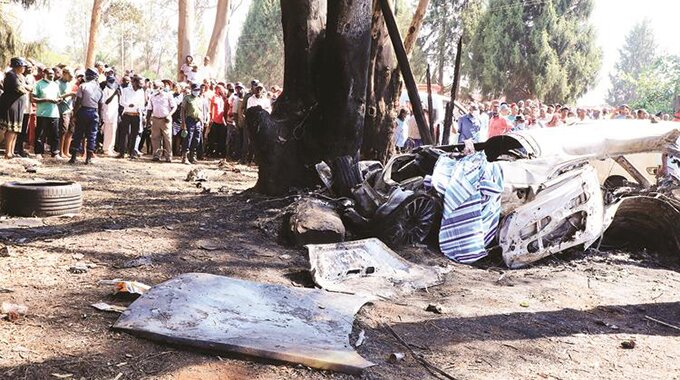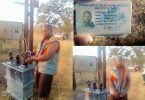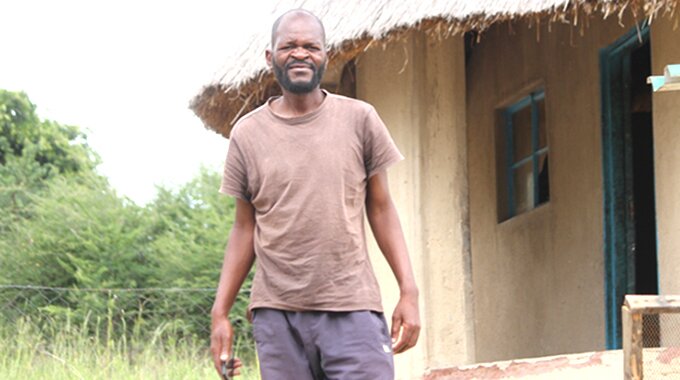Corruption was a growing and insidious evil for much of the latter half of the First Republic, becoming a culture in many areas and sucking in a fair percentage of top people in Government, local authorities and the private sector.
Proof is not easy to obtain.
People do not make underhand deals, take bribes, or even just make gestures of understanding in front of witnesses, let alone in public. In fact, a great deal of effort is expended by the corrupt to hiding their actions or to spreading the responsibility so widely that it becomes difficult to figure out just who did what.
This puts investigators into a quandary. Audits, whistle-blowers, proof of payments and the like can all suggest that something untoward took place, but without any certain proof that these are signs of corrupt behaviour rather than just stupidity, ignorance, error or even obedience to lawful orders. So a lot more investigation is needed.
But that investigation takes time, and if those being investigated are definitely up to no good then they will be aware of the investigations, and quite possibly be aware of how close the investigators are getting.
Advertisement
So they can take action, by destroying records, influencing potential witnesses or, if the worst is coming to the worst, buying an air ticket and taking their money on a long holiday, or if their money is already out of the country, joining their money in some country that has no extradition treaty with Zimbabwe.
These problems must be what influences investigators into making an early arrest, and then opposing bail. Unfortunately, as a number of High Court judges and magistrates have noted, bail cannot legally be denied in many of these cases, simply because there is not enough evidence.
Often there is not even enough evidence to show that a crime might have been committed in the first place, although there is enough to raise that possibility.
So bail is invariably granted. The judges and magistrates are firm on the conditions they set. Passports are handed in, so the quick air ticket is not a possibility, reporting conditions are set and perhaps most critically, the accused are not allowed to speak to anyone who may be connected with the case and often are barred from going to work.
But sometimes investigations take forever. Already applications for removal from remand are building up, and magistrates or judges are looking at these seriously and are starting to grant them. If there is no progress in an investigation for a couple of years then they have a point. Justice Pisirayi Kwenda, a High Court judge in the new Anti-Corruption Court, tackled a number of issues last week when granting bail to the most senior officer in the Police CID.
He basically ruled out using a policy of arrest in the early stages of an investigation and keeping the accused on ice in a remand prison. If there are early arrests and a long way to go before an investigation is complete, then bail must be granted. But he was far more positive when he offered advice. He noted that the new Anti-Corruption Court had been set up.
It was ready, waiting and willing to try cases, and as its workload is no so slight it could guarantee a trial without a case having to go on any waiting list.
The judge wanted investigators to move swiftly, build up their evidence, line up their witnesses, bring the accused to court, present the evidence and dump the whole mess on his lap.
The general public would tend to agree and President Mnangagwa has been critical of the “catch and release” process.
The weakness appears to be at the investigation stage with at least four agencies involved: the Zimbabwe Anti-Corruption Commission, police, National Prosecuting Authority and the new SACU unit in the Office of the President and Cabinet. And even within these there are problems: one commissioner is under investigation, the top police detective is on bail with a few other detectives, as is a very senior prosecutor.
Advertisement
Additionally, the sort of skills that police detectives and prosecutors have spent years acquiring when hunting down thieves, killers, rapists and robbers are often not the skills that are needed when hunting down the corrupt.
At the beginning of this year we brought in Ugandan judge Justice Lawrence Gidudu, who has built up a lot of experience in his home country.
In his training and seminar programme he stressed the difficulties of corruption investigation and the need to build up the investigation teams with experts in a wide range of skills and experience.
The teams need accountants, digital experts, handwriting experts and many other skills. Many of these will have to come from the private sector although a core can be transferred from other Government departments. And the teams need to be full time on each case, not splitting themselves between a dozen accused, but each team working on a single case.
And each team needs to have legal direction. Zimbabwe tends to follow the British system of investigators building a case and dumping the papers onto a prosecutor’s lap the day before the trial. Other countries manage it better for this sort of case.
When Italy finally went after the mafia, one major advantage was the Italian system of having investigating judges and magistrates as well as the ones in court. Once they found a handful of top investigating magistrates uncontaminated by the mafia and gave them the resources, progress was swift and most mafia bosses were locked up and isolated in a special jail.
There are honest police detectives, there are honest prosecutors, there are honest civil service experts, there are honest people in the private sector.
We need rapidly to build our investigation teams and restructure our teams, with an internal investigation unit to make sure we do not have a bad apple in those teams, and concentrate on the most obvious and clear cases.
There is a huge backlog of cases, and we are not going to bring everyone to trial tomorrow. But we can start finalising cases tomorrow and we can start with say three or four.
We have the cases arising out of NSSA; we have the NatPharm procurement; we have the Kuwadzana housing and cover-up scandal in Harare. Getting those three into court quickly will send the message.
Advertisement
Some lower key cases could be police disciplinary hearings, civil suits by the Environmental Management Agency and the like. They must not be ignored, and the findings from those hearings can be used later for criminal trials. And as our investigating teams are better structured and build up experience we can speed up the work.
But we need to stop spreading inadequate manpower resources so thinly, impose more central direction, concentrate efforts, and start having the trials.
– HERALD








